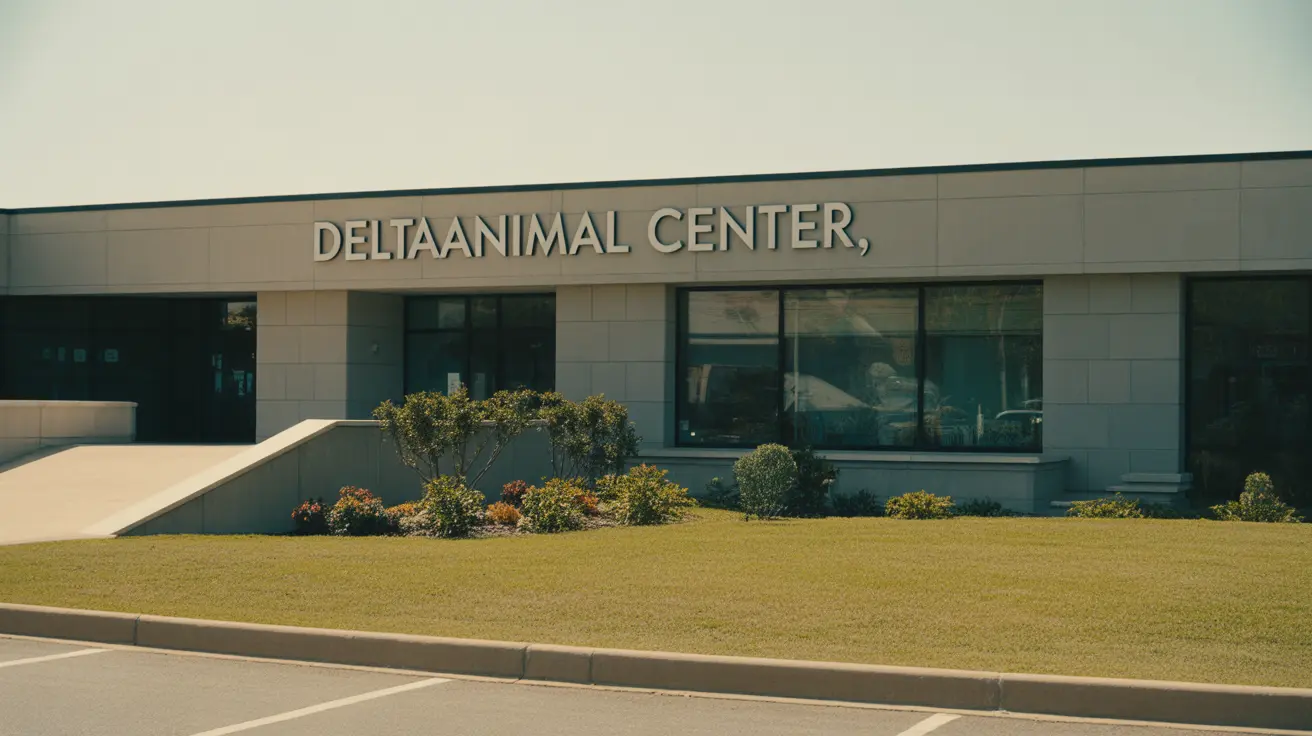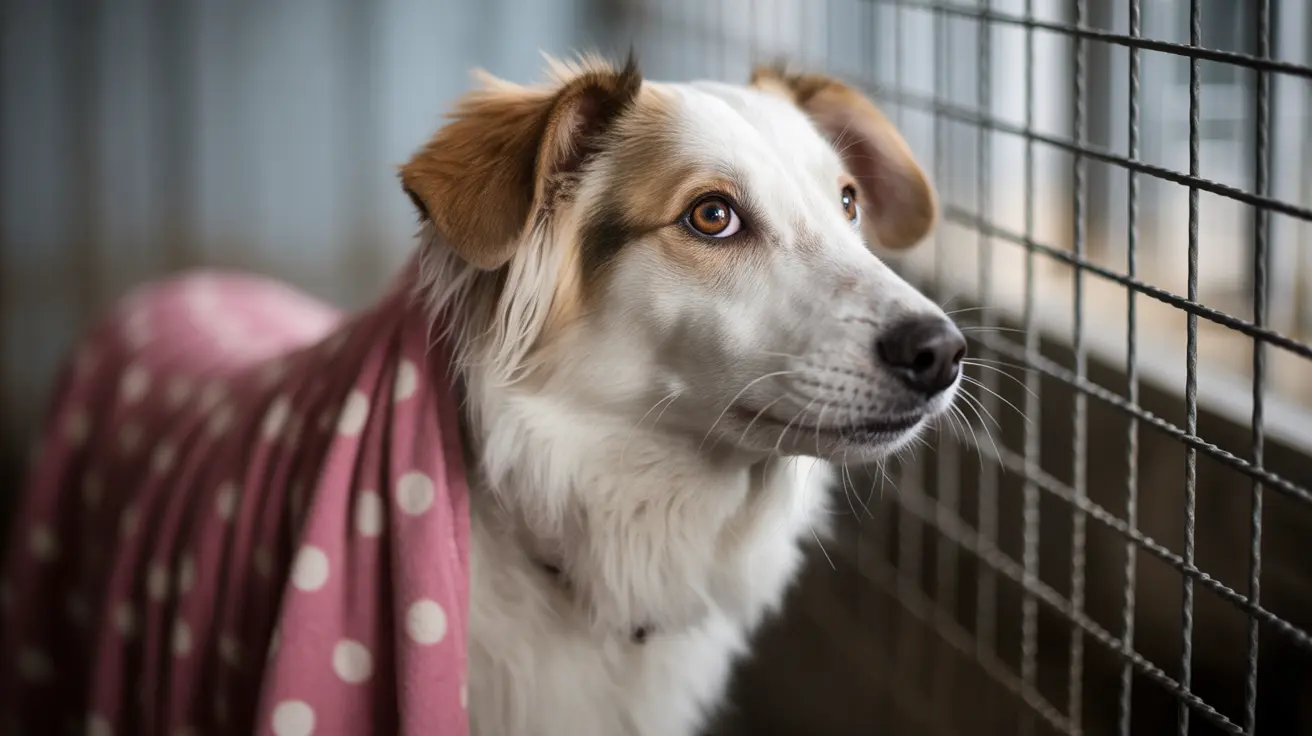Dogue de Bordeaux: The Dog Breed with the Shortest Life Expectancy
When selecting a furry companion, most dog lovers not only consider temperament, size, and activity level, but also the typical lifespan of the breed. While many breeds can live well into their teens, others have tragically short lives due to genetics, size, and predisposition to disease. Among these, the Dogue de Bordeaux—also known as the French Mastiff—holds the unfortunate distinction of having the shortest average lifespan.
Understanding the Dogue de Bordeaux
Known for its massive build, powerful frame, and droopy face, the Dogue de Bordeaux is a loyal, affectionate, and courageous protector. This breed has been used historically as a guard dog and is noted for its calm temperament and devotion to its family.
Despite these admirable qualities, the Dogue de Bordeaux typically has a lifespan of only 5 to 8 years. Several factors contribute to this short lifespan, ranging from its physical characteristics to underlying health issues.
Why Is the Lifespan So Short?
The short life expectancy of the Dogue de Bordeaux is influenced by several interrelated factors:
- Large size: Like many giant breeds, the Dogue de Bordeaux matures quickly and ages faster, which often results in a shorter lifespan.
- Genetic predisposition: The breed is prone to a variety of inherited health conditions, including heart problems and joint issues.
- Respiratory issues: Their short snouts make them susceptible to brachycephalic syndrome, which can limit airflow and reduce physical endurance.
- Cancer: This breed is at a high risk of developing cancer, which is one of the leading causes of mortality in dogs.
Common Health Concerns
Owners of the Dogue de Bordeaux should be aware of several health conditions that commonly affect the breed:
- Cardiomyopathy: A disease of the heart muscle, often leading to congestive heart failure.
- Hip dysplasia: A malformation of the hip socket that can lead to arthritis and mobility issues.
- Elbow dysplasia: An inherited condition that affects the front legs, causing pain and abnormal gait.
- Bloat (Gastric Dilatation-Volvulus): A life-threatening condition where the stomach twists and fills with gas, requiring emergency surgery.
How to Maximize Their Lifespan
While genetics play a significant role, proactive care can make a meaningful difference in the longevity and quality of life for a Dogue de Bordeaux.
- Regular vet checkups: Early detection and management of health conditions are vital.
- Proper diet: Feed a balanced, high-quality diet that fits the breed’s nutritional requirements without promoting obesity.
- Exercise: Maintain a moderate exercise routine to keep weight in check and encourage cardiovascular health.
- Avoid overexertion: Due to breathing issues, it’s crucial to prevent overheating and exhaustion, especially in warm climates.
- Breeding practices: Only acquire dogs from ethical breeders who perform genetic health screenings on their animals.
Comparisons with Other Breeds
For context, here are average lifespans of other popular dog breeds:
- Labrador Retriever: 10–12 years
- German Shepherd: 9–13 years
- Chihuahua: 12–20 years
- Great Dane: 6–8 years
- Bulldog: 8–10 years
While other large breeds like the Great Dane also have short lifespans, the Dogue de Bordeaux consistently ranks at the bottom, making it a breed that requires careful consideration by prospective owners.
Final Thoughts
A short lifespan doesn't necessarily equate to a lower quality of life. In its brief existence, the Dogue de Bordeaux can bring unparalleled joy, protection, and companionship. However, potential owners must be prepared for the emotional and financial commitment of caring for a breed with a higher risk of medical issues and a significantly shorter life expectancy.
If you’re considering adding a Dogue de Bordeaux to your family, weigh the pros and cons carefully. Be prepared to offer comprehensive care and cherish every moment with this noble and affectionate breed.





